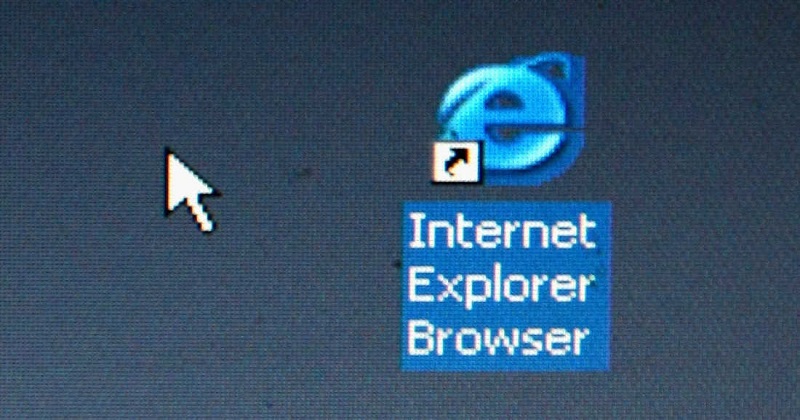
Microsoft will no longer support the once-dominant browser that masses of online users detested – and a few still enjoy – as of Wednesday. The 27-year-old programme is now in the same category as BlackBerry phones, dial-up modems, and Palm Pilots in the annals of technology. The collapse of IE was not unexpected. Microsoft said a year ago that it will phase down Internet Explorer on June 15, 2022, directing users to its Edge browser, which debuted in 2015. The corporation then said emphatically that it was time to move on.
‘Not only is Microsoft Edge a quicker, more secure, and more contemporary surfing experience than Internet Explorer,’ Sean Lyndersay, general manager of Microsoft Edge Enterprise, stated in a May 2021 blog post. On Twitter, many mourned Explorer’s demise, with some calling it a ‘bug-ridden, insecure POS’ or the ‘top browser for installing other browsers’. Others used it as an opportunity to share 90?s nostalgia memes, while The Wall Street Journal reported a 22-year-old who was disappointed to see IE depart.
In 1995, Microsoft published the first version of Internet Explorer, during the antediluvian age of online browsing dominated by Netscape Navigator, the first generally used browser. Its release heralded the death of Navigator: Microsoft went on to integrate IE and its ubiquitous Windows operating system so tightly that many users just used it by default instead of Navigator.
In 1997, the Justice Department sued Microsoft, alleging that it violated a previous consent agreement by mandating computer manufacturers to use its browser as a condition of adopting Windows. In 2002, it agreed to resolve the antitrust suit over its use of its Windows monopoly to crush competitors. It also clashed with European authorities, who claimed that linking Internet Explorer to Windows gave it an unfair edge over competitors like Mozilla’s Firefox, Opera, and Google’s Chrome.
Meanwhile, users claimed that Internet Explorer was sluggish, prone to crashing, and subject to hacking. IE’s market share, which was more than 90% in the early 2000s, began to dwindle as users discovered more enticing alternatives. According to internet analytics company Statcounter, the Chrome browser now has around a 65 percent share of the global browser market, followed by Apple’s Safari with 19 percent. Edge, IE’s successor, trails with around 4%, just ahead of Firefox.

Post Your Comments